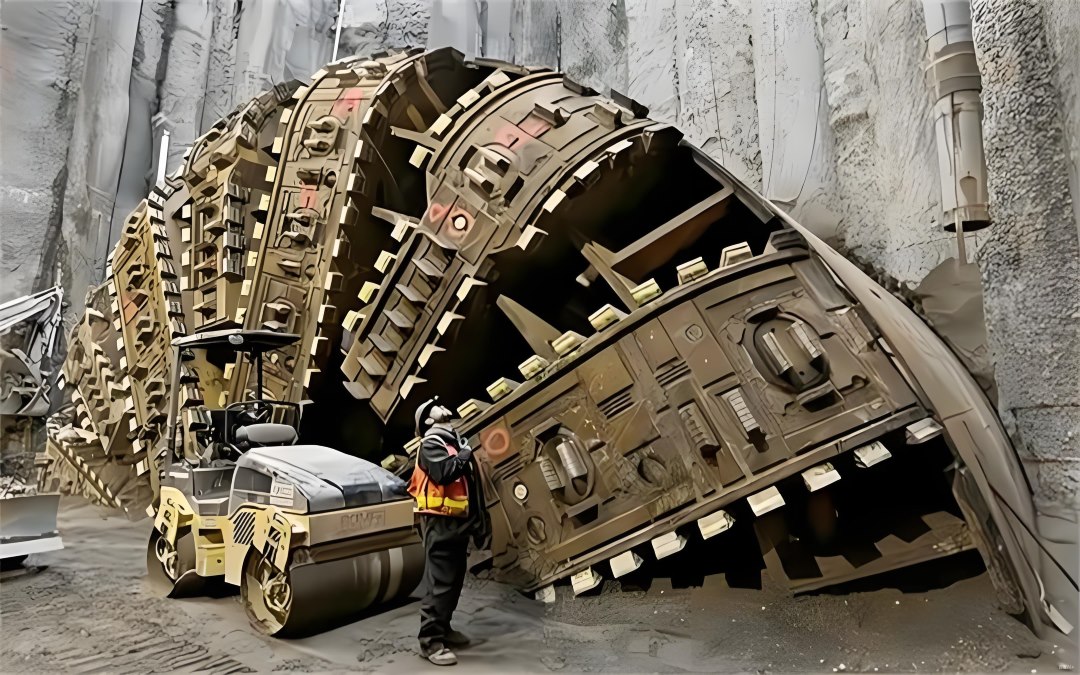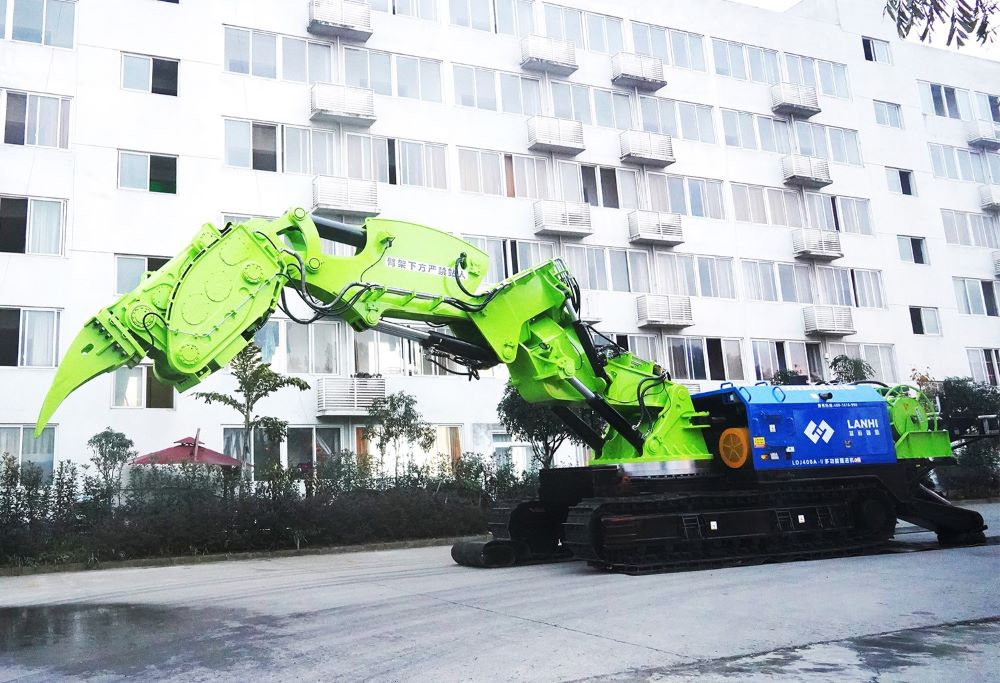What is a Tunnel Excavation Machines? Tunnel excavation machines, often referred to as tunnel boring machines (TBMs) or tunnel excavators, are specialized pieces of heavy equipment designed to excavate tunnels through soil, rock, or mixed ground. They play a critical role in constructing underground transportation routes, utility tunnels, and hydropower projects, making modern urban infrastructure possible.

1. What Is a Tunnel Excavation Machine?
A tunnel excavation machine is an advanced engineering device used to dig tunnels with a circular cross-section while simultaneously supporting the surrounding ground. It combines multiple processes—excavation, soil removal, lining installation, and ground stabilization—into a single continuous operation. Depending on the geological conditions and project requirements, tunnel excavation machines can vary in design, size, and function.
2. Main Types of Tunnel Excavation Machines
① Earth Pressure Balance (EPB) Machines
Used for soft, unstable ground like clay, sand, or silt. EPBs control underground pressure by mixing excavated soil with additives (e.g., bentonite) to form a “plastic” material, preventing cave-ins and surface settlement. They are widely used in urban subway projects, such as the expansion of the London Underground.
② Slurry Shield Machines (SLBMs)
Ideal for water-rich soft ground, including riverbeds or coastal areas. SLBMs use a pressurized slurry (a mix of water and bentonite) to stabilize the tunnel face. The slurry carries excavated debris to the surface, where it is separated and recycled—critical for minimizing environmental impact in sensitive areas.
③ Hard Rock TBMs
Built for solid rock formations like granite or basalt. These machines feature a rotating cutterhead fitted with durable tungsten carbide bits that grind through rock. Unlike EPB or SLBMs, hard rock TBMs rely on rock bolts or precast concrete segments to line the tunnel immediately after excavation, ensuring stability in rigid地质 (geology). They were key to building the Gotthard Base Tunnel in Switzerland, the longest rail tunnel in the world.
④ roadheader:
A versatile excavation machine with a rotating cutting head mounted on a boom. It is mainly used in shorter tunnels or complex shapes, especially in mining and small-scale civil projects.
⑤ Multifunction tunnel digging machine

LANHI multifunctional tunnel digging machine (Tunnel Excavator) is designed for Non-explosive excavation of tunnels and is suitable for tunnels 5.8~8 meters high. It integrates functions such as high-frequency rock breaking, rapid excavation of soft soil, contour finishing and spray dust suppression. Under the conditions of Class IV and Class V surrounding rock, the comprehensive excavation efficiency can reach 50 ³/h, effectively controlling over-excavation and under-excavation, and reducing the occurrence of landslides.
3. Applications
Tunnel excavation machines are widely used in:
① Subway and railway tunnels
② Highway tunnels
③ Water supply and sewage systems
④ Underground utility corridors
⑤ Hydropower and mining projects
Tunnel excavation machines represent one of the most remarkable achievements in modern engineering. By combining mechanical strength with precision technology, they have transformed how we build underground spaces, making large-scale infrastructure projects faster, safer, and more sustainable than ever before.





